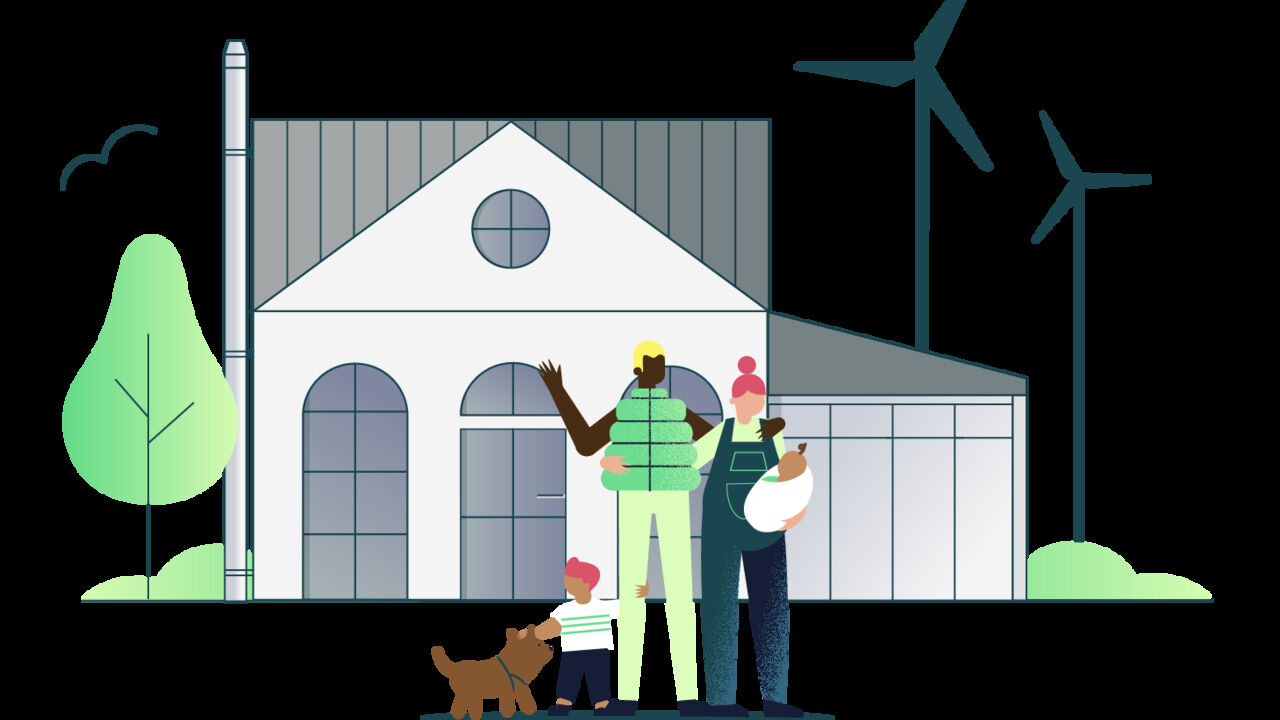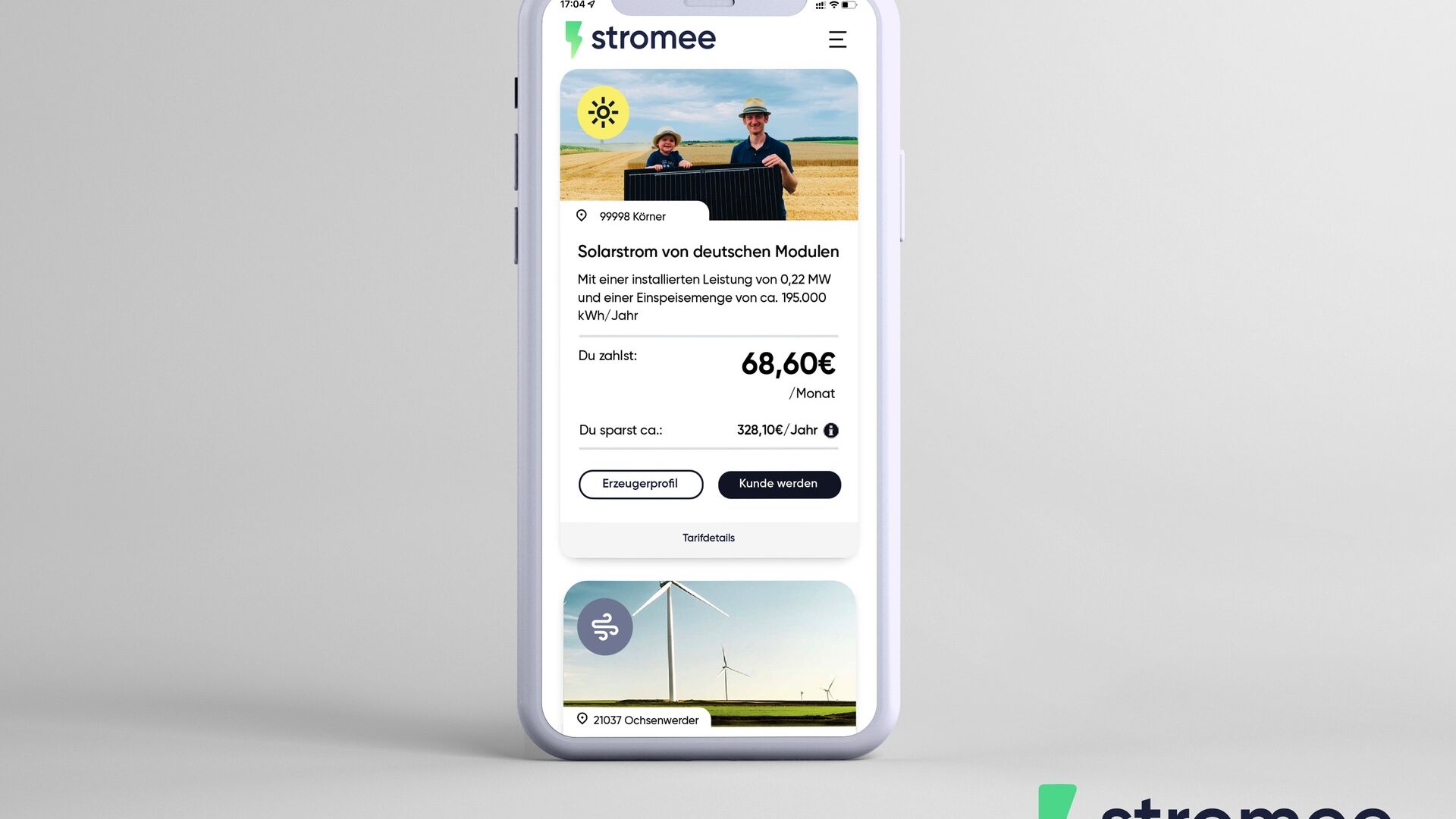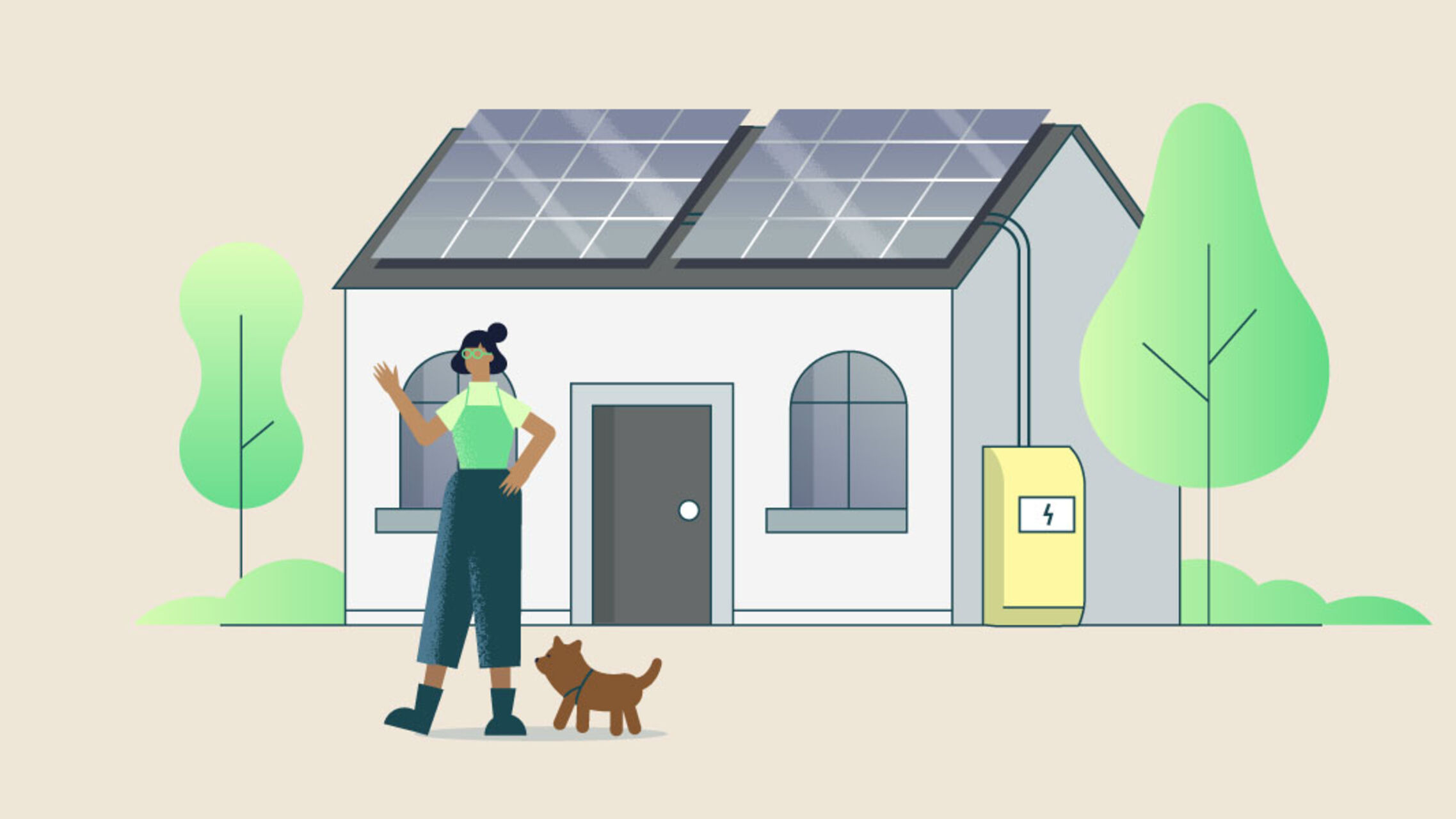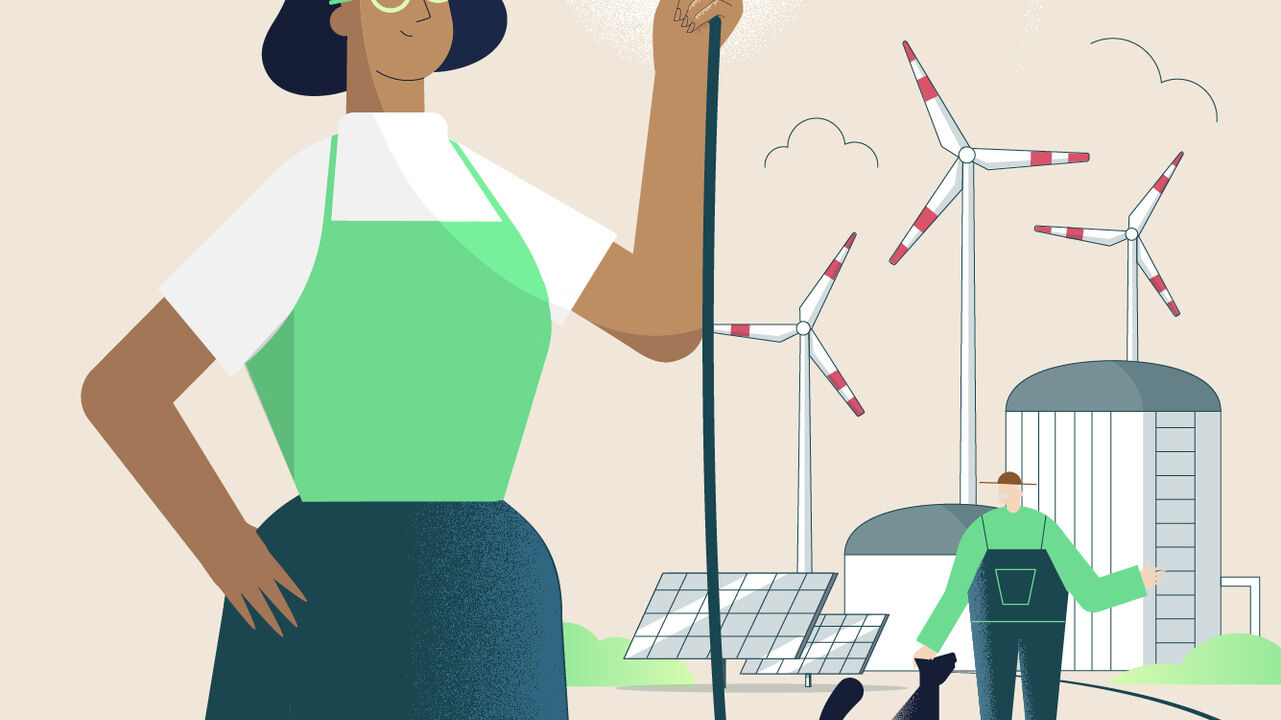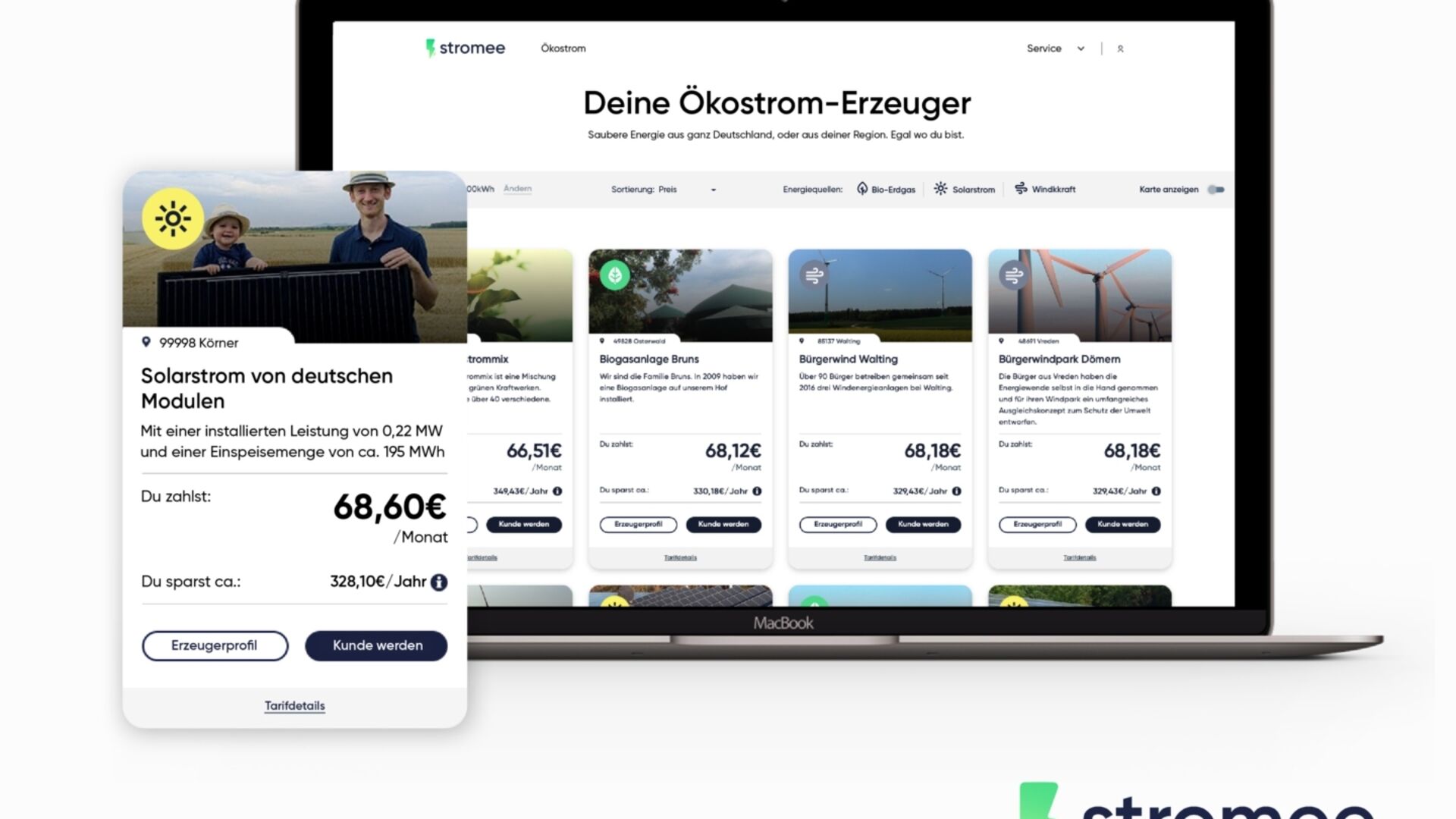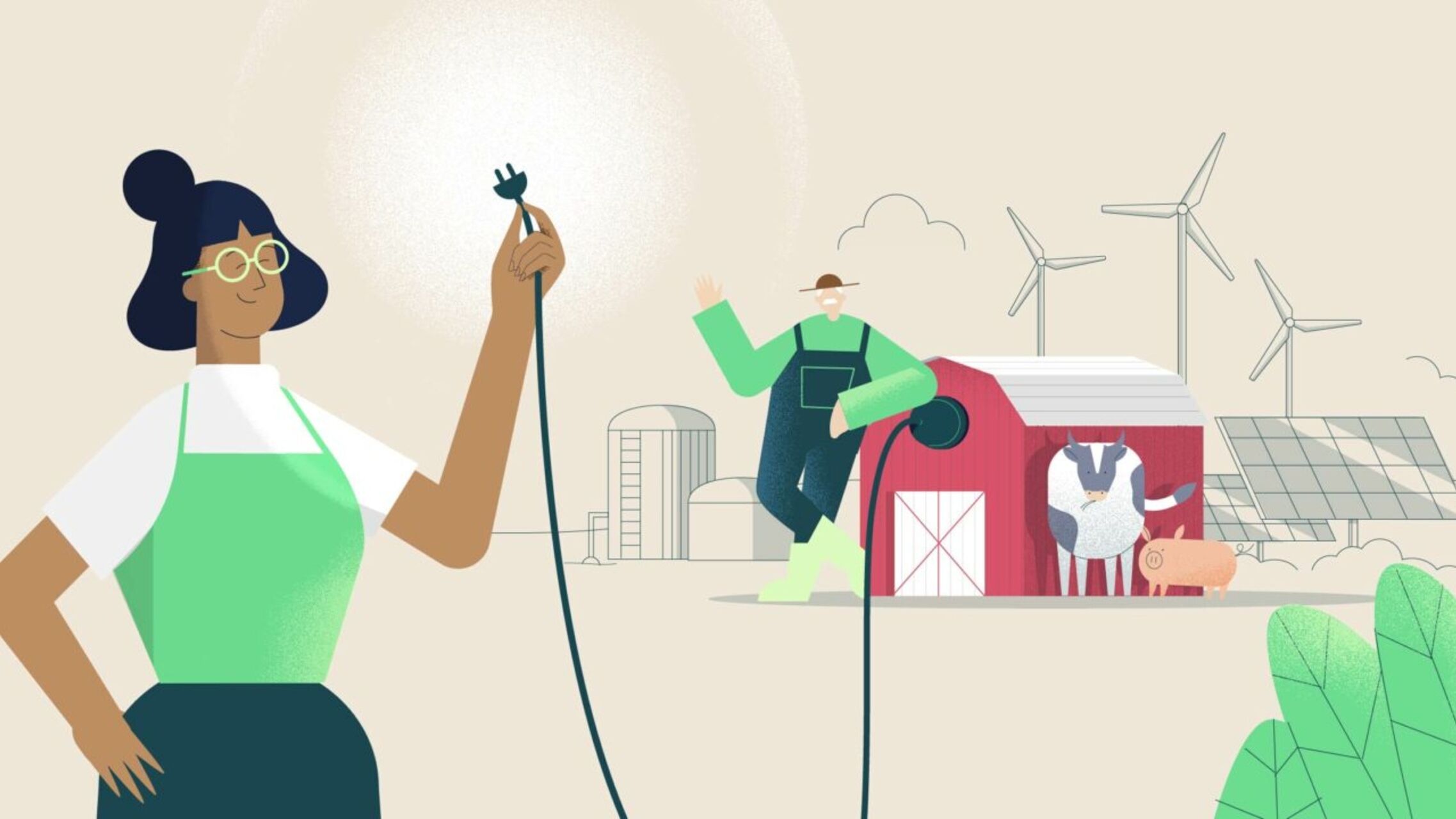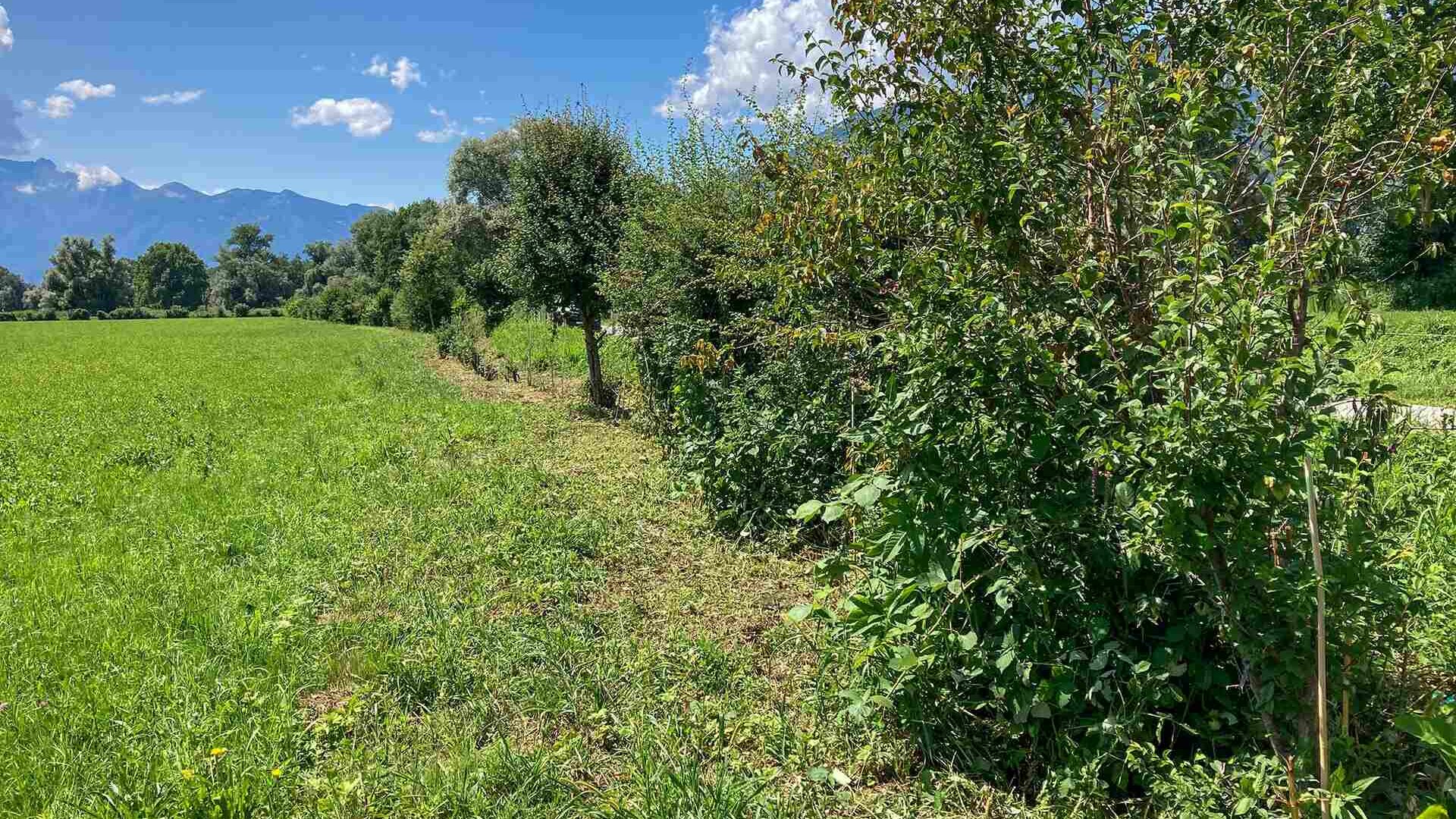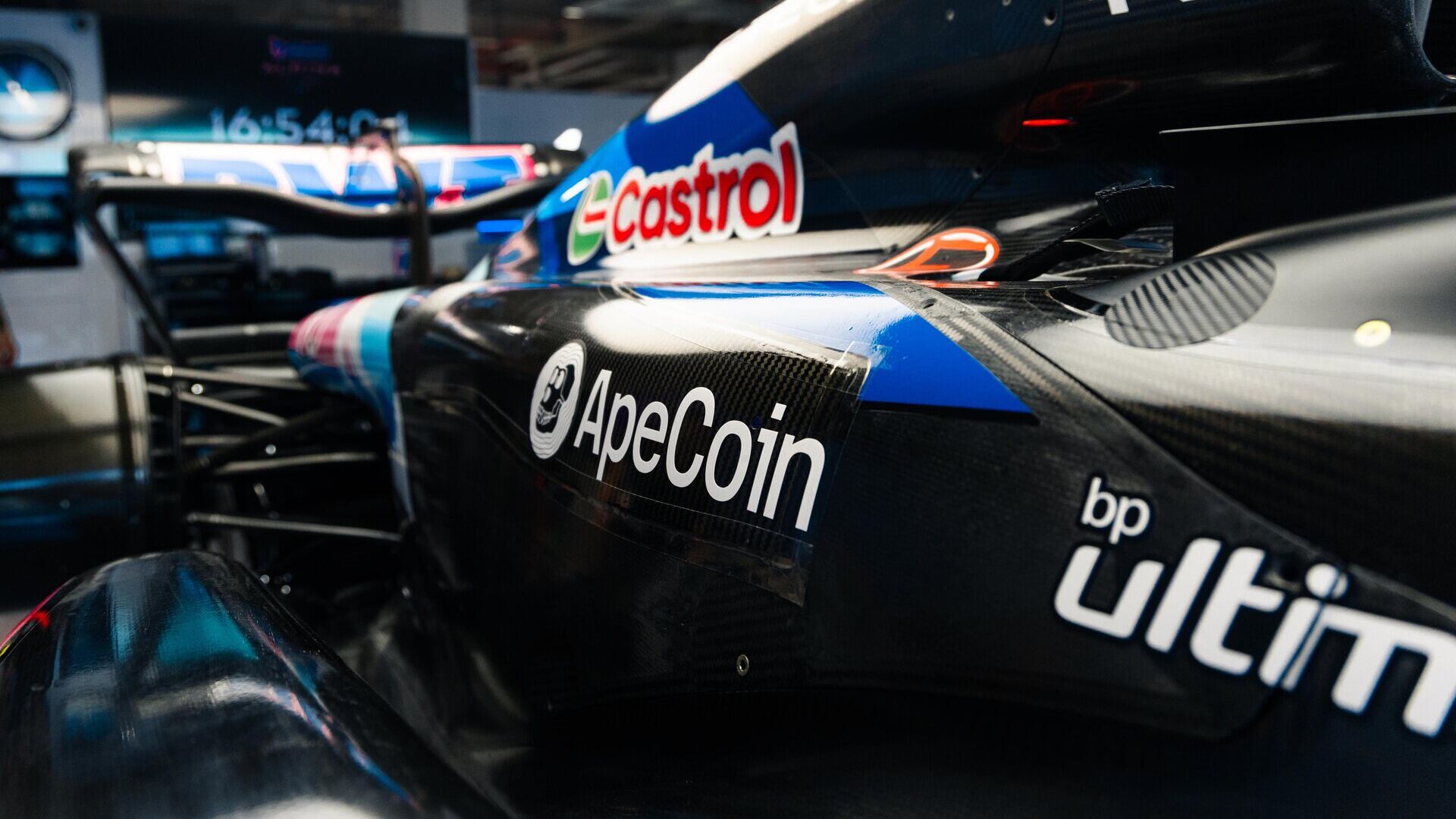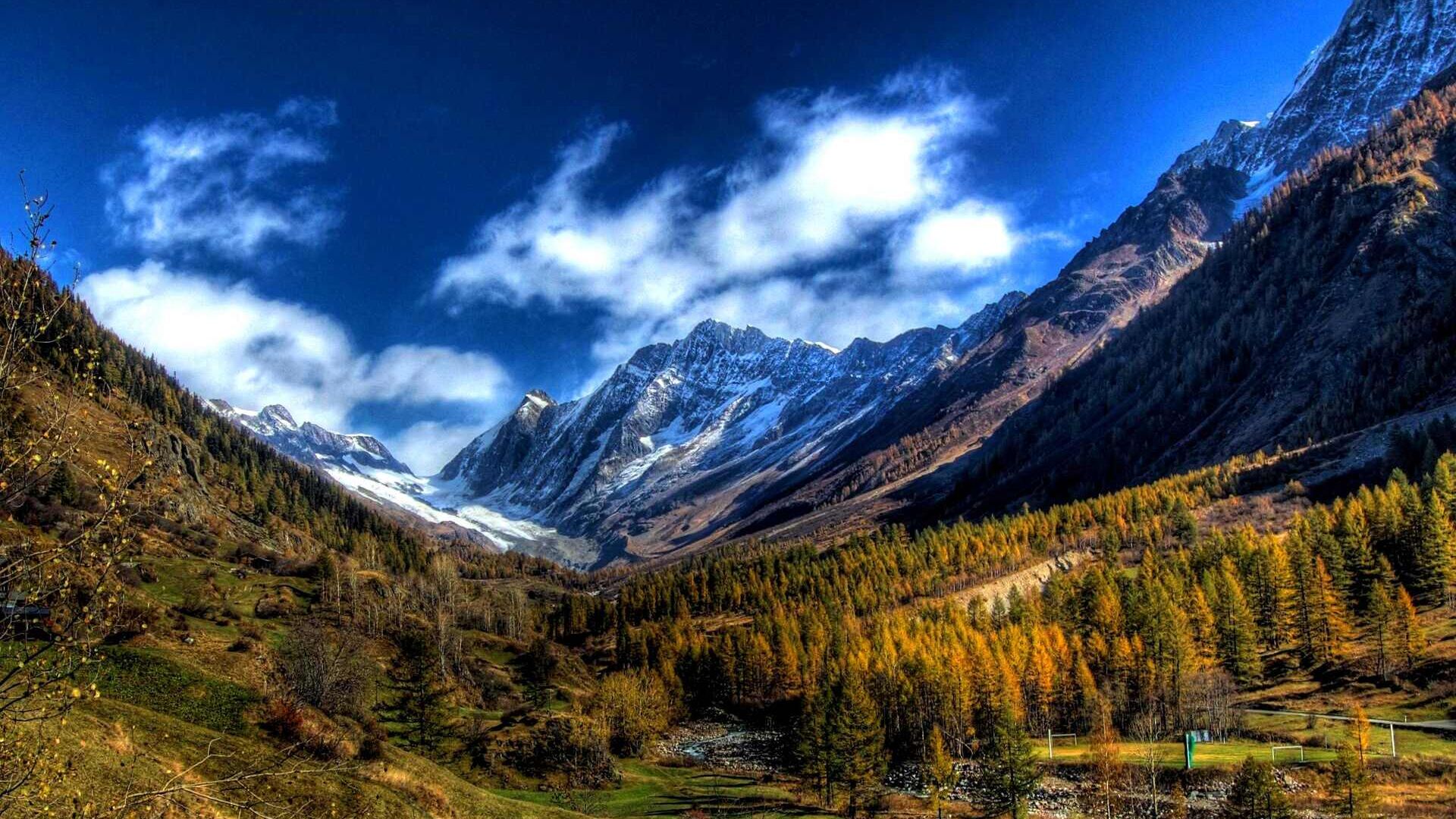Mario Weißensteiner: “Still high levels of bureaucracy in Germany”
The state of the art of the green sector for the co-founder and CEO of the Berlin start-up Stromee, specialized in the production of clean energy
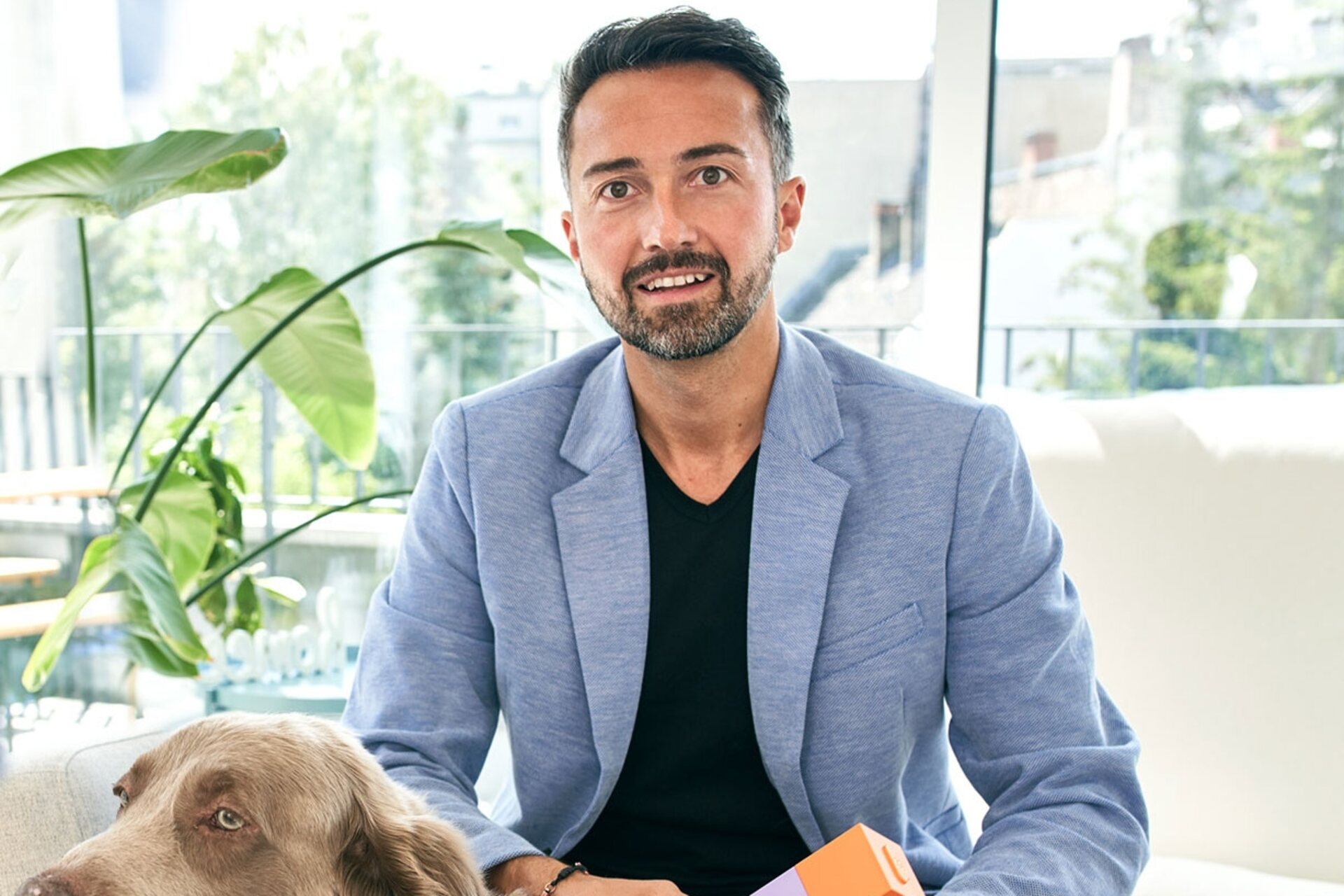
The energy transition marks a decisive turning point towards a more sustainable future in which renewable energies such as solar, wind and hydrogen take the leading role in the German energy supply.
This transformation is not only of fundamental importance for the climate protection, but it also offers enormous opportunities for technological innovation, economic development and the creation of new jobs.
In an interesting conversation with Mario Weissensteiner, co-founder and CEO of the Berlin start-up Stromee, specialized in the production of clean energy, the challenges and opportunities of the energy transition in Germany.
A great expert in renewable energy, he also shares his thoughts on current developments, obstacles and prospects in the field of sustainable energy.
The Stromee company is a digital energy supplier of the homee GmbH group, which is itself an equal joint venture in terms of ownership (one third each) between the companies Energie Steiermark, Novaco Invest and Codeatelier.
Since 2022, the energy startup has been offering green electricity via a digital market and green production gas on the website www.stromee.de.
The aim is to directly connect customers with regional electricity producers in order to promote renewable energy and at the same time be less dependent on electricity imports from abroad.
With stromee's green electricity, customers also reduce their CO₂ footprint: each kilowatt hour saves around 366 g/kWh compared to the national electricity mix.
Stromee, which currently has more than 40 employees, currently supplies green electricity to over 100.000 customers across the country and is produced in decentralized plants in Germany.
This equates to the emissions of approximately 21.250 medium-sized vehicles with an average mileage of 15.000 km per year.
AI arrives in… religion: in Germany there is a virtual parish priest
In Tel Aviv an Enel laboratory on the use of AI and robotics in energy
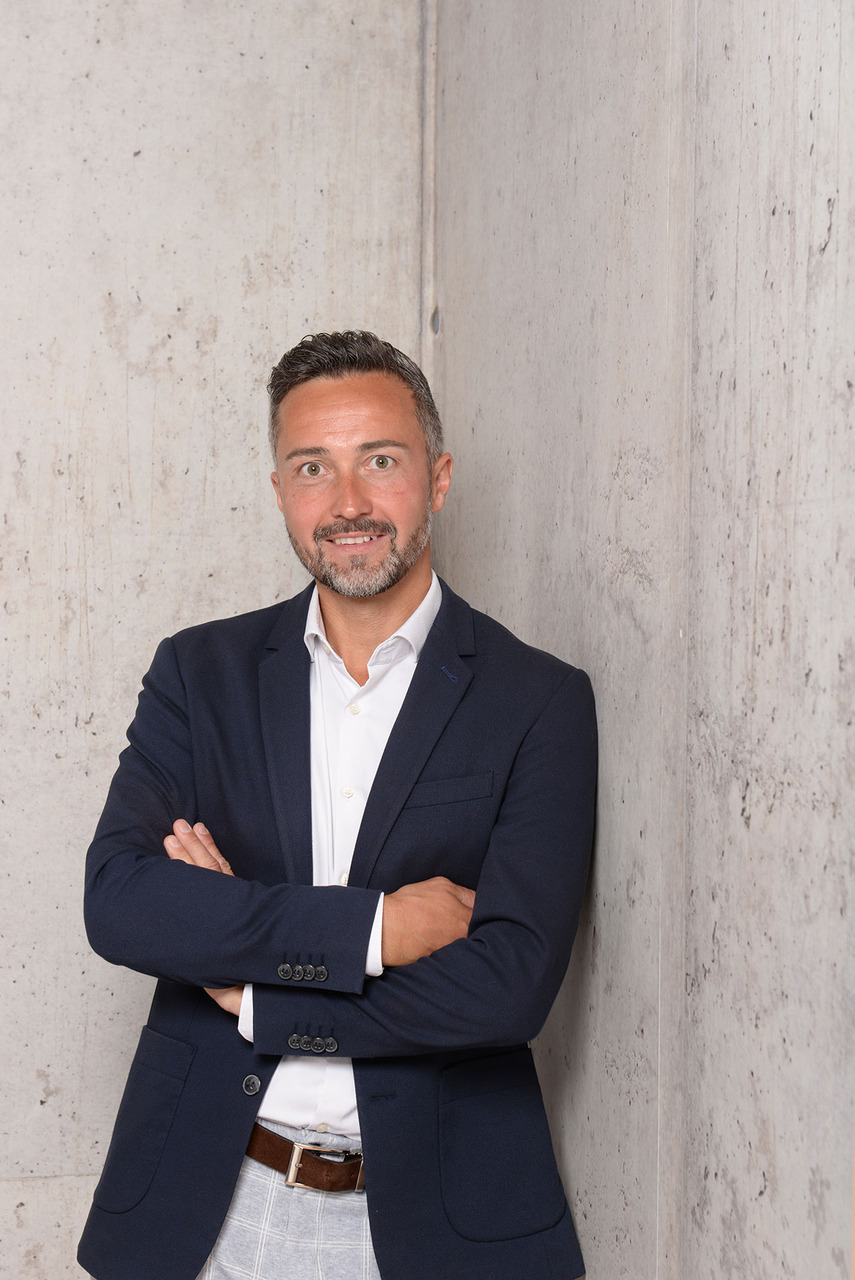
How do you rate the current progress of the Germany in the energy transition?
“In my opinion, the German energy market is undergoing a profound change, characterized by the challenges of the energy crisis and strong competition. I am convinced that the latest legislative impulses, such as the law to restart the digitalization of the energy transition and the Building Energy Law, will lead to a strong expansion of heat pumps, decentralized renewable energy and technological innovations. Unfortunately, we have missed many opportunities in recent years. The government missed important decisions and did not resolve problems such as high levels of bureaucracy. Barriers to the expansion of renewable energy and networks and the lack of digitalisation in some sectors have limited opportunities for innovation. However, I believe that the closure of nuclear power plants and the energy crisis that occurred was a positive development in terms of movement in the sector and society's acceptance of the issue."
What are the particular obstacles in the Federal Republic of Germany to the implementation of energy transition strategies?
“Germany is still heavily dependent on fossil fuels, especially in the transport and industrial sectors. The transition to renewable energy requires a comprehensive expansion and modernization of the energy infrastructure, including the electricity grid. The integration of renewable energy and related fluctuations in electricity production pose challenges that require the development of efficient energy storage technologies. I believe that long-term political agreement, support and investment are needed to advance the energy transition, while political uncertainties can significantly hinder the implementation of strategies."
Hydrogen in Germany: it's time for the energy revolution
Thus the "Waveline Magnet" produces energy with the waves of the sea
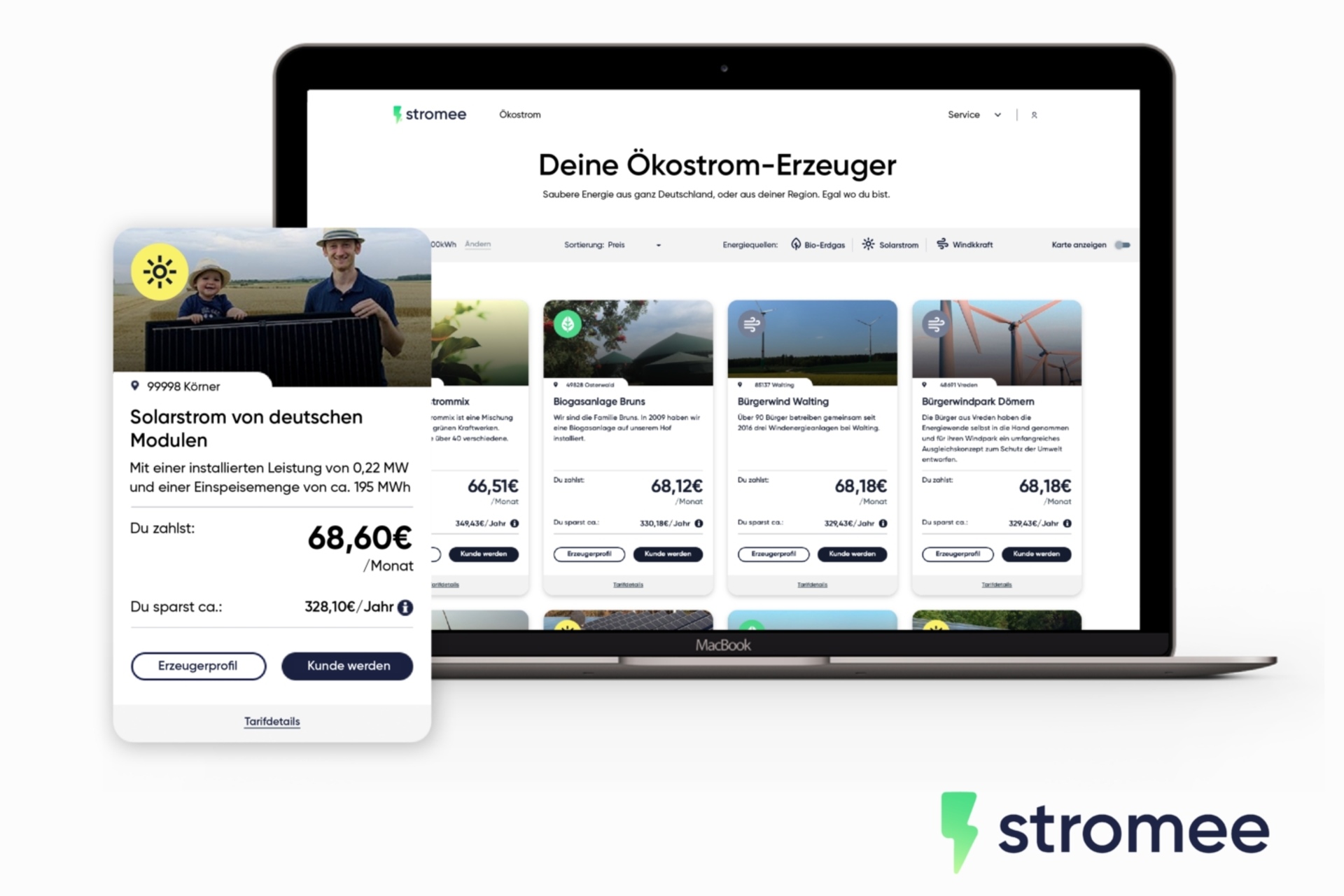
What opportunities and challenges currently characterize the global energy market?
“In the global energy market, I see the dependence on countries with rich oil and gas reserves and the associated dependence on prices and geopolitical risks as a major challenge. The hunger for energy globally, especially in emerging countries, is enormous. There is no standardized strategy and some countries are fully committed to nuclear energy. However, there are great opportunities in the expansion of renewable energy: energy production is becoming increasingly green around the world. The transition towards renewable energy is leading to a change in the energy market towards greater decentralization and flexibility”.
In short, what is your idea of the future, for Germany and beyond?
“This structural change offers opportunities for innovation and a new way of using energy for consumers. Improving energy efficiency in buildings, transport and industry can reduce energy costs and minimize environmental impact. In my opinion, one of the biggest challenges is climate change. To achieve climate objectives, additional and more severe measures than current ones are necessary."
The sustainable and good food train runs between Italy and Germany
From the Technical University of Lausanne and Zurich a coalition for green energy
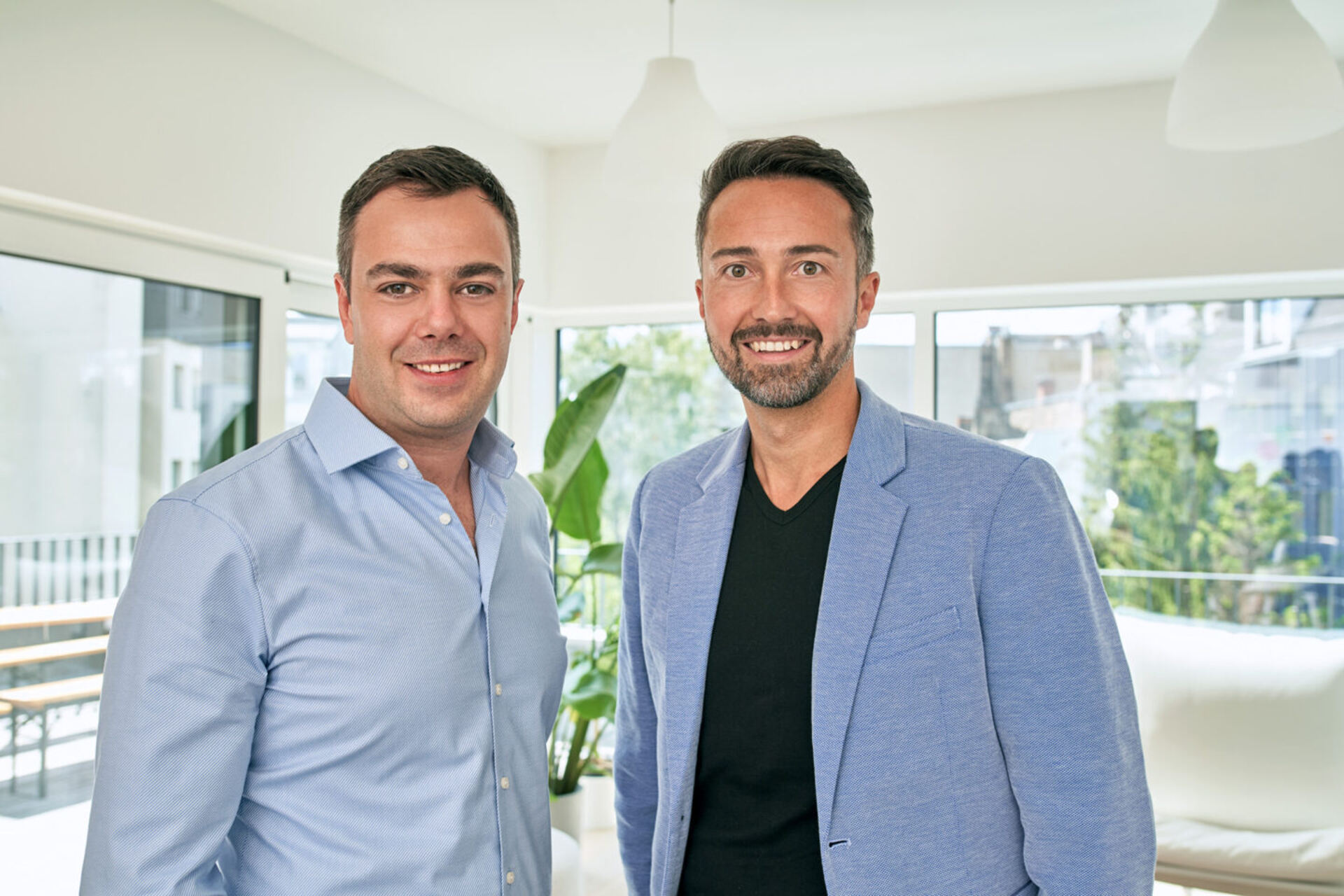
What importance do you attach to innovative technologies, such as hydrogen or storage technologies, in the context of future energy supply?
“Hydrogen is taking on an increasingly important role as a key technology, offering versatile and clean energy. Advances in storage technologies, particularly batteries, are essential for the efficient use of renewable energy. Innovative technologies also contribute to the stability of the distribution network, balancing fluctuations in energy production. This is particularly important for energy management in heat pumps and e-mobility. To accelerate the use of innovative technologies, investment in research and development and policy support are needed. Better forecasting capabilities through the use of artificial intelligence and incentive mechanisms that promote energy saving or shifting consumption to periods of favorable electricity prices or off-peak periods are also important.”
How can they be reconciled economic growth and sustainable energy production?
“An important component is the decline in the costs of renewable energy, in particular photovoltaic and wind power. The latter have fallen significantly in recent years and are now well below market prices on the stock exchange. In my opinion, the ideal would be a more direct link between sustainable and decentralized energy production and consumption. This link would allow consumption to be partially harmonized with floating generation, creating a win-win situation for the environment and the economy. Repowering, i.e. the replacement of older plants with more modern and efficient systems, can also be an effective way to increase yield and profitability."
“House of the Future”: construction in Germany is increasingly green
In Tuscany an innovative accumulation of energy thanks to the rocks
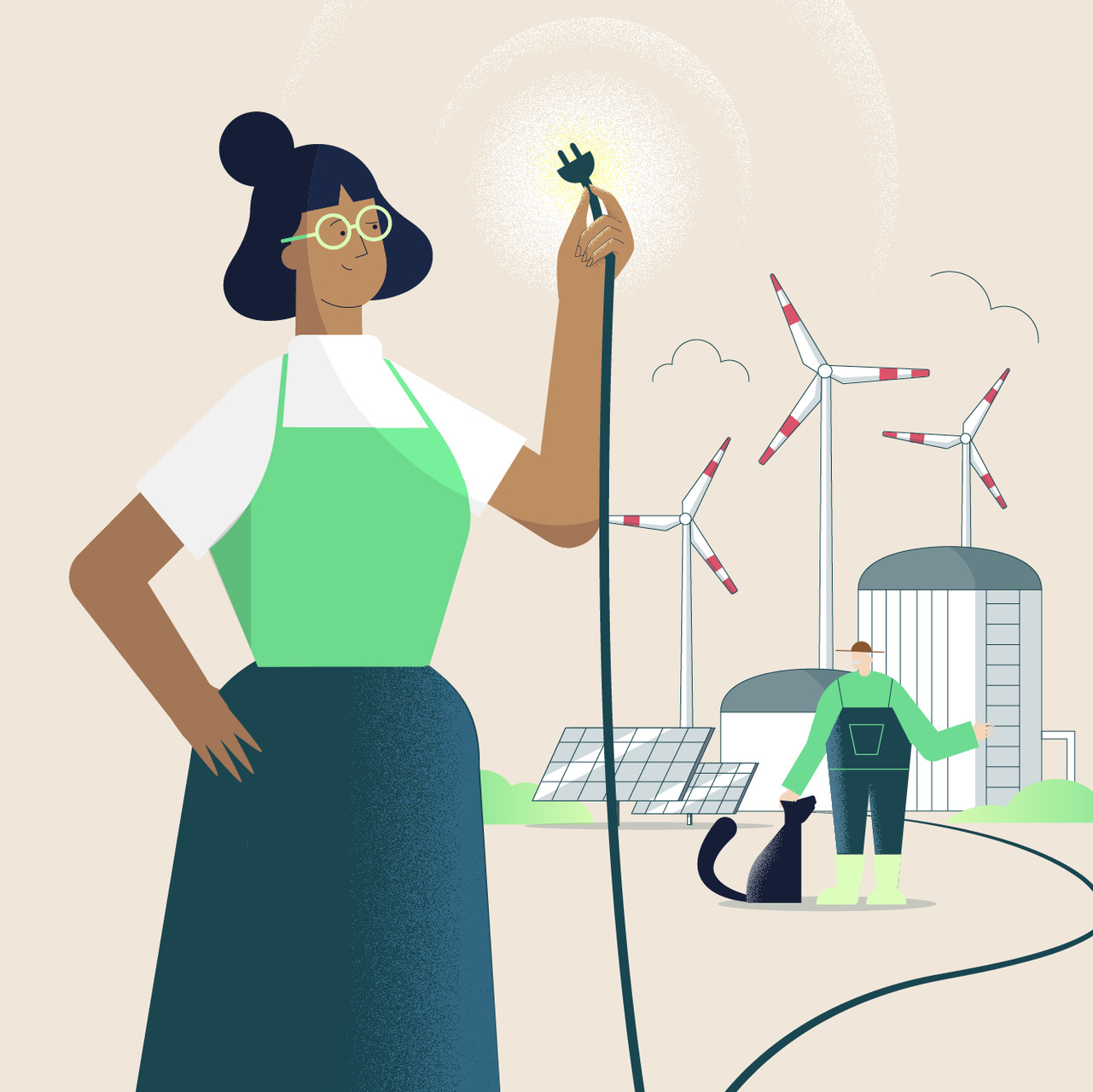
What other measures promote the interaction between economic growth and sustainability in the energy sector?
“Economic growth can be achieved by using resources more efficiently, without harming the environment. Targeted investments in renewable energy not only promote sustainable practices, but also create new jobs and economic opportunities. The promotion of innovative technologies, in particular, enables the development of new markets and strengthens the position of companies in the sustainable energy sector. Tax incentives and subsidies can further motivate companies to transition to sustainable energy production. It is also important for companies to integrate environmental aspects into their strategic planning to achieve long-term sustainability goals. Cooperations and partnerships between governments, businesses and civil society are key to achieving large-scale sustainable energy production."
What could motivate energy suppliers to develop sustainable practices and respectful oftechnology?
“Energy suppliers could be encouraged to use renewable energy and energy-efficient technologies through financial incentives such as subsidies, tax breaks or grants. Furthermore, growing consumer demand for green energy could be a strong motivating factor. Furthermore: quotas could be introduced for the share of self-produced renewable energy, with the option of compensatory payments in case of non-compliance. Finally, mandating and promoting energy optimization solutions in high-consumption households could be an important step to increase energy efficiency and accelerate the transition towards more sustainable energy practices."
Pope Francis' sustainable mobility is made-by-Volkswagen
Swiss university hospitals united for energy and climate
What role could German cities and municipalities play in making the energy market more sustainable and fit for the future?
“Cities and municipalities, which often have intimate knowledge of citizens' needs and local conditions, can play a crucial role in Germany in implementing sustainable energy initiatives and achieving climate goals. They can serve as a model and promote the development of local energy communities to support the decentralization of the electricity grid. By encouraging citizens to install solar panels and other decentralized energy generation projects, they can accelerate the transformation towards a more sustainable energy market."
What could an energy market that effectively contributes to the achievement of climate goals?
“I think a sustainable energy market should focus strongly on reducing greenhouse gas emissions, promoting renewable energy and increasing energy efficiency. This would include an expanded electricity grid, using the existing gas grid for hydrogen or biomethane, and implementing innovative energy storage technologies. Equally important would be the promotion of energy efficiency measures in various sectors and a legal framework that supports the transition to a low-carbon economy."
Shipzero, the sustainability of freight transport starts from data
Secure energy supplies and climate neutrality by 2050

Can you outline models of constructive cooperation between start-ups and established companies in the energy market?
“Constructive collaboration could be strengthened through partnerships where established companies benefit from the innovative ideas of start-ups. Investments and mentoring programmes, incubators and accelerators and joint research projects could also play a decisive role. Established companies should support start-ups in scaling their products, thus creating a synergy between new ideas and established resources.”
Looking at the last few years, what lessons do you think can be drawn from the energy transition experiences made so far and how could these influence strategies for the future?
“The experience of the energy transition has taught us the importance of a robust and flexible electricity grid, the need for a stable and long-term subsidy policy for investment security and the crucial role of advances in storage technologies. International cooperation is essential to effectively address global challenges such as climate change. These results should significantly influence future strategies”.
If innovation is electrifying and updating the iconic NSU Prinz 4
New Swiss practice for the "double face" capture of solar energy
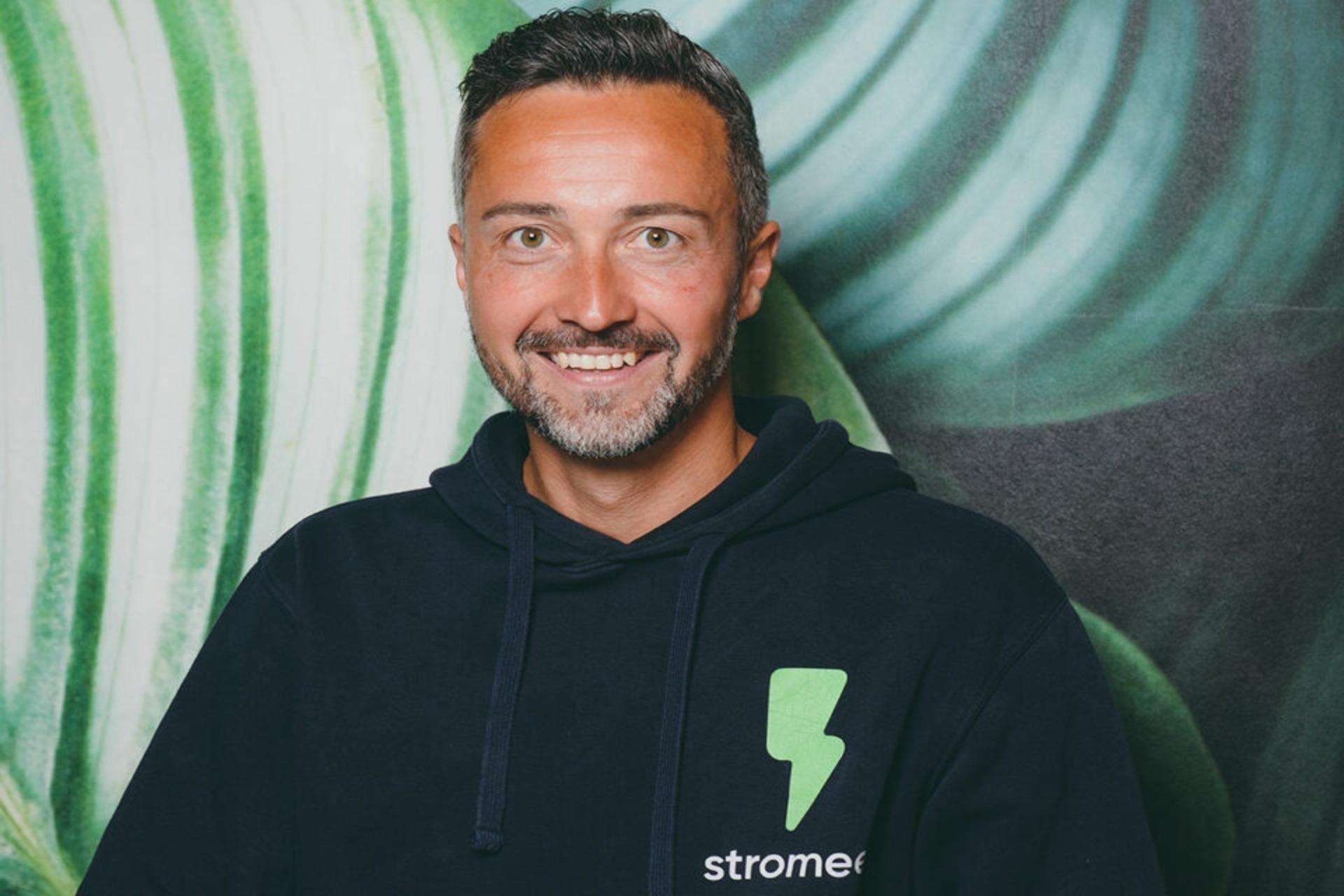
You may also be interested in:
How to clean New Delhi's stuffy air: the study
Research into the particulate matter that asphyxiates cities in northern India reveals which substances are particularly harmful to health
An innovative refuge for wildlife at the Locarno military airfield
The DDPS specialists acted on the perimeter hedges of the Sopracenerino airport, creating a place of retreat and source of food for the animals
by Editorial staff Innovando.NewsEditorial staff of Innovando.News
A DAO in Formula 1 from the agreement between ApeCoin and BWT Alpine
The Decentralized Spinning Skull Organization and French Team Will Activate a Global Fanbase Through Real-World and Web3 Experiences
Video, the unique ecosystem of the Lötschental alpine forest
The ideal place to study the growth of trees at different altitudes in the Canton of Valais is described in a very innovative WSL film
by Editorial staff Innovando.NewsEditorial staff of Innovando.News

